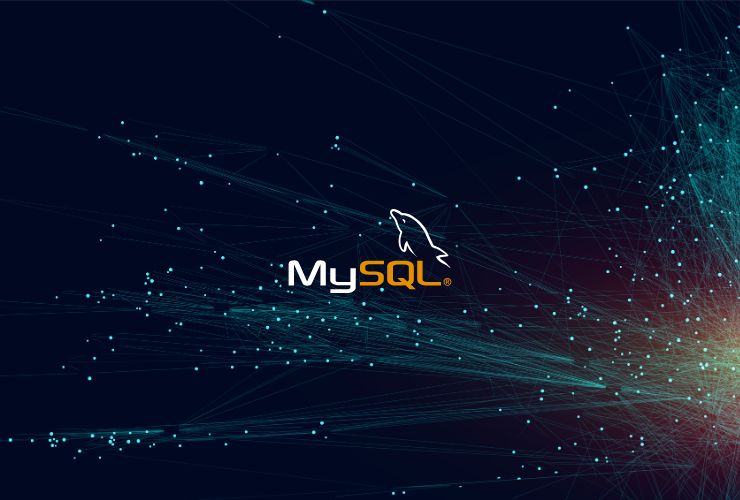In the current eCommerce marketplace ruled by a digital-first approach, eCommerce solutions depend on databases to store and serve all types of data, including product catalogs, customer accounts, transactions, analytics, and much more. MySQL is one of the leading open-source relational database systems that enables eCommerce store owners to run their stores efficiently, securely, and at scale. The speed, reliability, and flexibility of MySQL make it the database behind countless eCommerce solutions around the globe.
1. MySQL Guarantees Reliable Data Management
The foundation of an eCommerce platform is reliable and secure management of data. MySQL comes with ACID compliant transactions (Atomicity, Consistency, Isolation, Durability) to ensure any order, payment, or inventory adjustment takes place reliably, even during unexpected traffic spikes. This reliability helps businesses maintain data integrity across disparate systems and prevents errors such as duplicate orders or payments that appear to have gone missing.
2. Enhanced Performance to Improve Shopping Experiences
Speed is a concern in eCommerce. The speed of your database queries can make page load times longer and impact customers’ experience. MySQL provides various solution for data retrieval including query optimization, indexing, and in-memory caching, presented in a wide range of variations, to help retrieve product listings, search results, and checkout speeds.
With a caching layer such as Redis or Memcached, MySQL can scale load requests to thousands of requests per second to provide a fast responsive experience for shoppers – even when doing larger sales operations, such as Black Friday.
3. Increased Scalability to Support Business Growth
As increases in online sales grow, so does the data. More products, more customers, and more transactions. MySQL provides a variety of options to scale with that growth, like replication, sharding, and partitioning.
- Use replication to create read replicas for load balancing.
- Sharding is great for splitting large datasets across multiple servers.
- Partitioning further increases query performance for queries against large tables.
- These features allow eCommerce platform to scale fast without drop off in speeds, or reliability.
4. Enhancing Security and Data Protection
As eCommerce involves the handling of sensitive customer information, such as payment details and personal information, security is not optional. For overall security, MySQL provides role-based access control (RBAC), SSL/TLS encryption, and data masking to prevent unauthorized access.
Furthermore, MySQL’s support for periodic backups, point-in-time recovery, and audit logging allows store owners to demonstrate compliance with data protection laws such as PCI-DSS or GDPR.
5. Seamless Integration with eCommerce Platforms
MySQL integrates seamlessly with major eCommerce platforms and technologies, such as Magento, WooCommerce, Shopify (with APIs), or custom-developed solutions in Node.js or PHP. This flexibility allows developers to build, extend, and maintain online stores using familiar tools and frameworks.
Because MySQL supports multiple programming languages (and corresponding libraries), it allows developers to connect the database to a custom front-end, payment processor, or marketing automation system easily.
6. Cost-Effective and Open Source
Unlike many proprietary database systems, MySQL is free and open-source and is a worthy option for startup and enterprise usage. It has the advantage of strong community support, consistent updates, and well-documented information, which allows businesses to count on MySQL for future-proof reliability without excessive license fees.
7. Insights and Analytics for Intelligent Decision Making
Beyond transaction management, MySQL can also handle very powerful analytics. Businesses can leverage business intelligence tools like Tableau or Power BI to assess customer behavior, sales trends and inventory levels in real-time. With those insights, businesses can make data-informed decisions that advance marketing plans and improve customer experience.
Conclusion
From managing vast product inventories to ensuring safe and expedient transactions, MySQL is at the core of a successful e-commerce platform. MySQL’s unmatched combination of performance, scalability and cost-effectiveness enables businesses to deliver a seamless online shopping experience while achieving operational excellence.
As e-commerce continues to expand, MySQL’s adaptability helps ensure it will remain the trusted choice for developers and businesses that desire to build reliable online stores that are easily scalable with demand and data driven.
Contact Us Today













 Database Development
Database Development












































